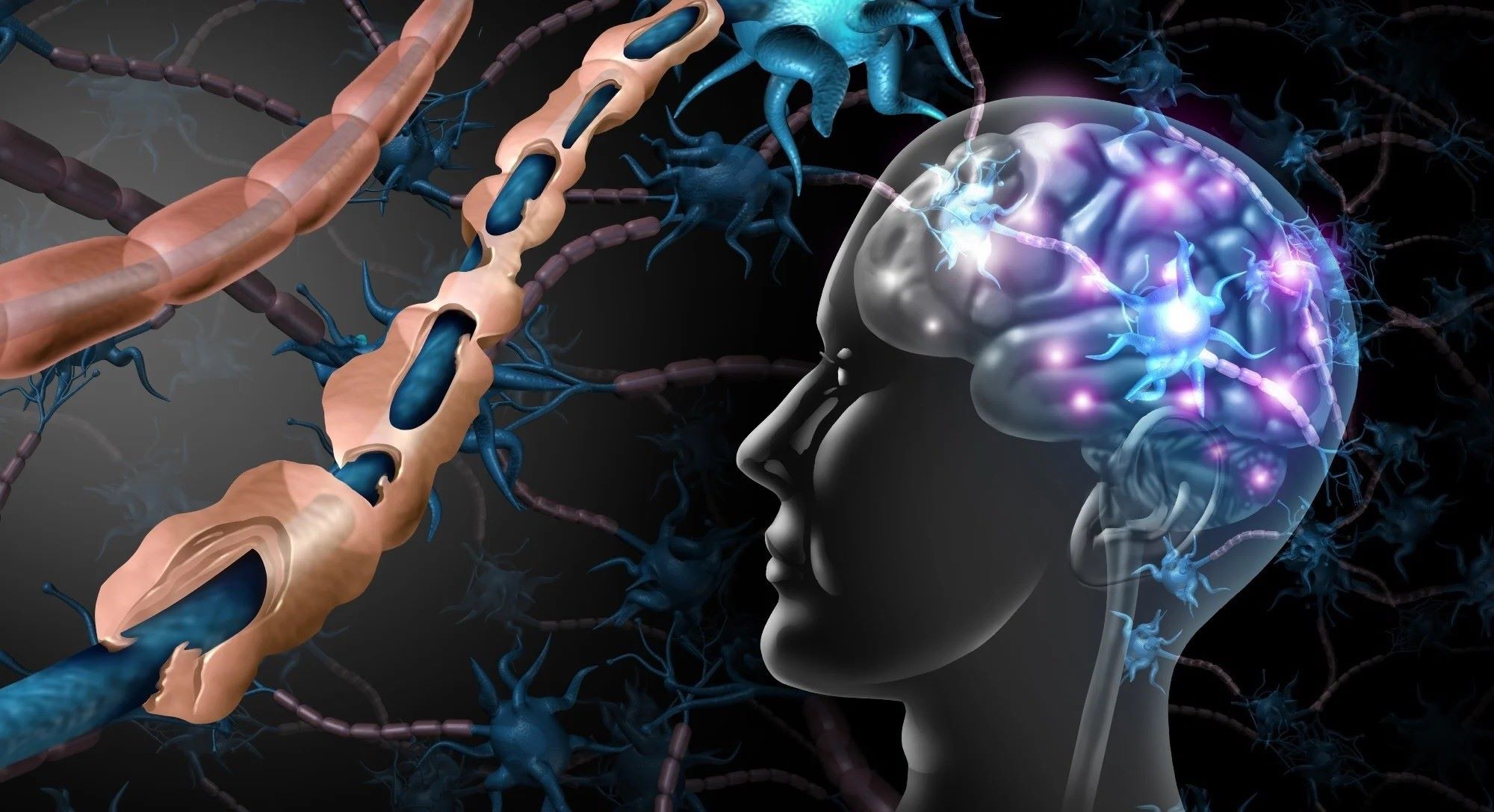
Multiple Sclerosis (MS) is a complex condition that affects millions worldwide, yet remains shrouded in mystery for many. This neurological disorder targets the central nervous system, leading to a range of symptoms that can vary wildly from person to person. Understanding MS is crucial, not just for those diagnosed but for everyone, as it fosters empathy and awareness. In this blog post, we'll unveil 12 key facts about MS, shedding light on its causes, symptoms, and impact on daily life. Whether you're newly diagnosed, a supportive friend or family member, or simply curious, these insights aim to demystify MS and provide a clearer picture of what living with this condition entails.
What is Multiple Sclerosis?
Multiple Sclerosis (MS) is a chronic illness that affects the central nervous system, including the brain and spinal cord. This condition can cause a wide range of symptoms and can vary greatly from person to person.
-
Autoimmune Disease: MS is an autoimmune disease where the immune system mistakenly attacks the protective covering of nerve fibers, called myelin.
-
Unpredictable Symptoms: Symptoms of MS can be unpredictable and may include fatigue, difficulty walking, numbness, and vision problems.
How Common is Multiple Sclerosis?
Understanding how widespread MS is can help in grasping the impact of this condition on a global scale.
-
Global Prevalence: Approximately 2.8 million people worldwide are living with MS.
-
Gender Disparity: Women are two to three times more likely to develop MS than men.
What Causes Multiple Sclerosis?
The exact cause of MS remains unknown, but several factors are believed to contribute to its development.
-
Genetic Factors: Genetics play a role, as having a family member with MS increases the risk.
-
Environmental Triggers: Environmental factors such as low vitamin D levels and smoking are linked to a higher risk of developing MS.
How is Multiple Sclerosis Diagnosed?
Diagnosing MS can be challenging due to its varied symptoms and the need to rule out other conditions.
-
MRI Scans: MRI scans are commonly used to detect lesions or damage in the brain and spinal cord.
-
Lumbar Puncture: A lumbar puncture, or spinal tap, can help detect abnormalities in the cerebrospinal fluid.
What are the Types of Multiple Sclerosis?
MS can manifest in different forms, each with its own pattern of symptoms and progression.
-
Relapsing-Remitting MS (RRMS): The most common form, characterized by periods of new or worsening symptoms followed by periods of remission.
-
Primary Progressive MS (PPMS): A less common form where symptoms gradually worsen without relapses or remissions.
How is Multiple Sclerosis Treated?
While there is no cure for MS, various treatments can help manage symptoms and slow disease progression.
-
Disease-Modifying Therapies (DMTs): Medications that can reduce the frequency and severity of relapses.
-
Physical Therapy: Physical therapy can help improve mobility and manage symptoms like muscle weakness and spasticity.
A Final Word on Multiple Sclerosis
Wrapping our heads around multiple sclerosis (MS) means understanding its complexity and unpredictability. This condition doesn't just affect the body; it touches lives, reshapes futures, and demands resilience. From the signs that whisper its presence to the treatments that fight its progression, MS is a journey of courage. Knowledge is power, especially here. Recognizing symptoms early, seeking expert care, and staying informed about the latest research can make a real difference. Support networks, both online and in the real world, offer invaluable resources and a sense of community. Remember, every step forward in MS research is a step closer to a world free of this condition. Let's keep pushing for breakthroughs, supporting those affected, and spreading awareness. Together, we're stronger than MS.
Was this page helpful?
Our commitment to delivering trustworthy and engaging content is at the heart of what we do. Each fact on our site is contributed by real users like you, bringing a wealth of diverse insights and information. To ensure the highest standards of accuracy and reliability, our dedicated editors meticulously review each submission. This process guarantees that the facts we share are not only fascinating but also credible. Trust in our commitment to quality and authenticity as you explore and learn with us.


